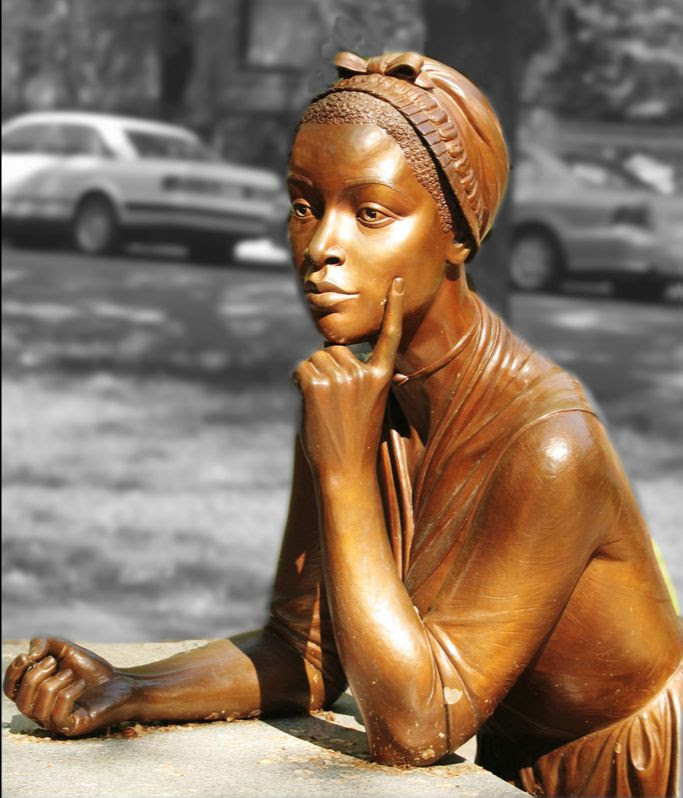21 June 2020
21 Jun 2020 by Curated by Sue McK in: BLOGYour reading list for the week Here is a curated selection of original thought-provoking pieces for your reading and listening time:
 Was there slavery in Australia? Yes. We weren't taught about it at school, but even the British campaigned against it in the 1890s. This piece from The Conversation gives a brief but broad overview, and links to more pieces such as the 2006 Australian Senate report Unfinished Business: Indigenous Stolen Wages.
Was there slavery in Australia? Yes. We weren't taught about it at school, but even the British campaigned against it in the 1890s. This piece from The Conversation gives a brief but broad overview, and links to more pieces such as the 2006 Australian Senate report Unfinished Business: Indigenous Stolen Wages.- Servant or Slave? This site on SBS is a wealth of educational resources to watch and read.
- Charlie's Country: a film review in Insights magazine says it is a pointed indictment of contemporary Australia.
- Listening to Ishmael: In the light of Black Lives Matter, might we say that Ishmael’s life, the life born in slavery and in the contempt of the oppressor, Sarah, and expelled to a certain death by that same oppressor, is fully worthy of the care and protection of God?
- Dominance, or Community? The language we use affects how we act. As people of faith who seek 'the well-being of humankind as part of a thriving earth', we need to speak out against the mindset of dominance. We must work for inclusion and empowerment for all community members.
 This statue at the Boston Women's Memorial is of Phyllis Wheatley. In the scripture texts from both Genesis and the Psalms, the need for God's intervention is powerful in the lives of servants/slaves. This sculpture of the country's first African-American poet reminds us that Hagar's journey is one that has been repeated through millenia.
This statue at the Boston Women's Memorial is of Phyllis Wheatley. In the scripture texts from both Genesis and the Psalms, the need for God's intervention is powerful in the lives of servants/slaves. This sculpture of the country's first African-American poet reminds us that Hagar's journey is one that has been repeated through millenia.
Phillis Wheatley was born in Gambia in 1753. She was captured, shipped to the United States and sold to a Boston family. She later became an accomplished writer and published a book of poetry, the success of which won her acclaim and soon after, her freedom. She married and had three children, none of whom survived infancy.